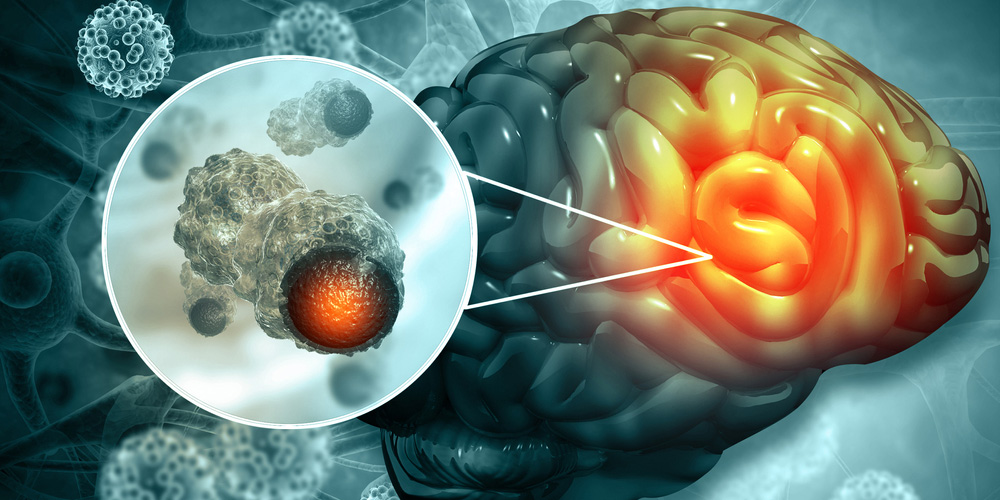
Brain and Spine Tumour

Brain and Spinal Tumor Treatment in Thane West

What is Brain Tumor ?
Brain Tumors occur when brain cells multiply abnormally. It is out of control. There is still no exact cause of brain cancer.A family history of brain cancer and exposure to high doses of ionizing radiation may raise your risk of brain cancer, however.In India, brain tumors rank tenth among the leading causes of morbidity. It should therefore not be taken for granted that this disease will continue to rise in prevalence. The types of tumors that appear in children and adults differ.
When the brain is affected by brain cancer, malignant tumours develop. The brain forms an abnormal mass when cells divide uncontrollably. A brain tumor is one of the less common types of cancer in India.
What are Symptoms of Brain Tumor
Symptoms of a Brain Tumor depends on the location and size of the tumor, but may include:
Changes in headache patterns or new onsets
A gradual increase in the frequency and severity of headaches
Vomiting or nausea that is unexplained
Double vision, blurry vision, or loss of peripheral vision are some examples of vision problems
Arms or legs gradually lose sensation or movement
Balance difficulty
Tired and drained
What is the treatment for a brain tumor?
The standard treatment for brain tumors is surgery, radiation therapy, and/or chemotherapy. For tumors that cannot be treated surgically alone, radiation and chemotherapy are generally used as secondary or adjuvant treatments. It is possible to use radiation and chemotherapy as an alternative to surgery if the tumor cannot be removed surgically.
How will a patient with a brain tumor be treated?
In large part, the patient's outcome depends on the type of tumor, its location, the brain area involved, and the type of therapy required. In addition to these factors, each patient is unique, so these are not the only factors to take into account
It can be a confusing and uncertain experience for patients and their families when dealing with brain tumors. There are many physical, psychological, and spiritual lessons to be learned through diagnosis, visits, and diagnoses.
What is Spinal Cord Tumor
Spinal tumors are growths within the spinal canal or the bones of the spine. Spinal cord tumors, or intradural tumors, develop within the spinal cord or its covering (dura). Vertebral tumors are tumors that affect the bones of the spine (vertebrae).Tumors of the spinal cord (can be malignant or non-cancerous) that grow between the membranes covering the spinal cord or in the spinal canal. It is possible for even a non-cancerous growth to cause disabling symptoms if it is not treated properly.
A bundle of nerves runs along the spinal cord, transmitting messages from the brain to the body. A tumor growing on the spinal cord or near it can interfere with nerve impulses carrying information from the brain to the body, since bone surrounds the spinal cord. Compression of the spinal cord causes many symptoms, such as:
Back pain
Other body parts are experiencing severe or burning pain
A feeling of numbness or tingling
Legs or hands lose strength and sensation as a result of progressive muscle loss
Control of urine or stool is lost.
Treatments
- Brain & Spine tumour (Neuro-oncology)
- Vascular Neurosurgery (Neuro endovascular)
- Neuroendoscopic & Skull base surgery
- Traumatic brain surgeries (Neurotrauma)
- Pediatric Neurosurgery
- Spine surgery
- Minimally invasive brain & spine surgery
- Epilepsy surgery
- Functional neurosurgery
- Neuronavigation surgery
- Peripheral nerve surgery
Choose Our Doctor For The Best Care Of Yourself
Experience Life in the Fast Lane? Your Recovery Can Keep Up
Schedule an AppointmentCopyright © Dr. Anish Gandhi Rights Reserved